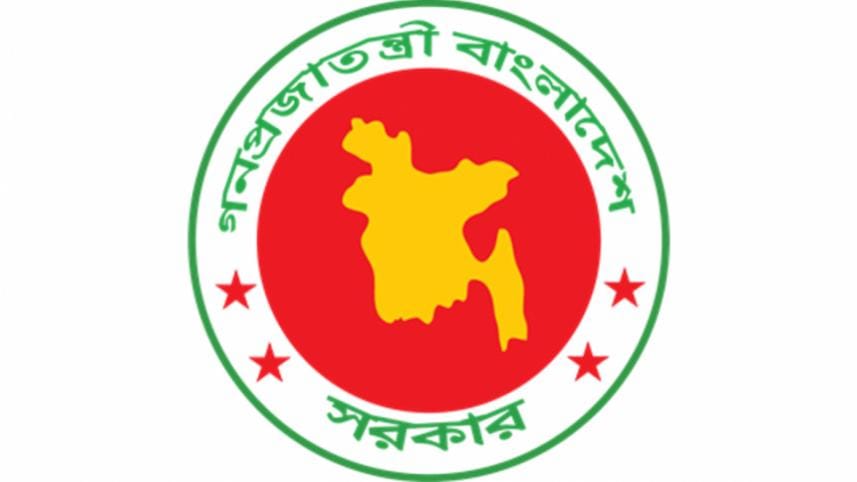Trade union rules to ease

The interim government of Bangladesh has decided to lower the threshold of workers required to register a trade union by a fourth.
Previously, approval from 20 percent of the workers of a company was required to register as a trade union.
"Although the US has been advocating for a reduction to 10 percent, we have decided to reduce the threshold to 15 percent for now," said Mohammad Hossain Sarkar, joint secretary of the international organisation branch under the Ministry of Labour and Employment.
Sarkar was speaking to reporters after a meeting with a 20-member delegation led by US State Department Special Representative for International Labor Affairs Kelly M Fay Rodríguez at the Secretariat in Dhaka yesterday.
AHM Shafiquzzaman, secretary of the Ministry of Labour and Employment, said the team came to observe the labour situation in Bangladesh.
"There are roadmaps from the International Labour Organization, the European Union, and the United States of America. All those issues were discussed," he added.
Replying to a question about allegations that the Department of Labour colludes with owners to obstruct the formation of trade unions, he acknowledged it as fact.
"This has been confirmed by visiting some government offices, and we are working on it," he said, adding that labour leaders were dissatisfied with the issue and that the team from the US had also flagged it as a concern.
Mentioning how the US believes that the human rights situation is intertwined with labour rights, the labour secretary said: "Human rights are a big issue overall. The team from the US wants independent investigations to verify lawsuits against workers. We also agreed to that."
Shafiquzzaman also said if the "11-Point Labour Action Plan" demanded by the US is implemented, exports of Bangladeshi products will increase and exporters will get fairer prices.
"They can tell buyers that human rights and labour rights are being protected here. We also told them to ask brands and buyers to run the factories that are currently having problems. We don't need profits," he added.
The labour secretary added that the government also plans to prepare a comprehensive impact analysis on allowing trade unions inside export processing zones (EPZs), he added.
"We have discussed this in detail with the chief adviser. We will commission an impact analysis by a third party. We need to understand the socioeconomic conditions of workers in EPZs," he said.
He said workers inside such zones currently receive more benefits than peers working on the outside.
However, Shafiquzzaman did not rule out making a standalone law for EPZs in order to allow workers inside such enclaves to form independent unions.
"EPZs operate under a separate law and foreign investors invest in such zones under those laws. This means making sudden legal changes is challenging," he said.
"We need an impact analysis before moving to a single law. We've sought technical support from them (the US) for this initiative," he added.
Shafiquzzaman also emphasised efforts to rebuild stakeholder confidence to address concerns about transparency and trust.
"There was a significant decline in trust, but I am committed to restoring it through transparent operations," he said.
 For all latest news, follow The Daily Star's Google News channel.
For all latest news, follow The Daily Star's Google News channel.
Comments